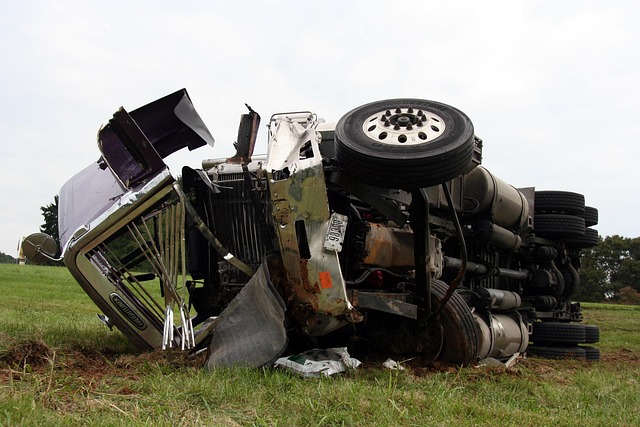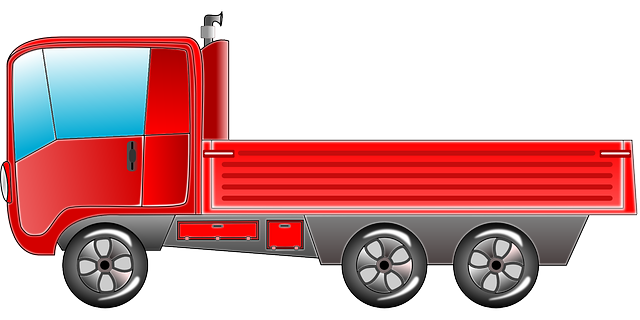Looking to register your car in California? This comprehensive guide walks you through the entire process, from understanding the basics of California car registration to navigating crucial steps like VIN (Vehicle Identification Number) verification. We’ll outline what documents you need, how to submit your application, and essential post-registration tasks to keep your vehicle legal and up-to-date in the Golden State.
- Understanding the California Car Registration Process
- Preparing for VIN Verification: What You Need to Know
- Gathering Required Documents for Registration
- Submitting Your Application and Paying Fees
- Post-Registration Steps: Maintaining Your Vehicle's Status in CA
Understanding the California Car Registration Process

Understanding the California Car Registration Process
Registering a car in California involves several steps to ensure compliance with state regulations. It begins with gathering essential documents, including proof of ownership, vehicle identification number (VIN) verification, and valid identification for all owners. The process is designed to verify the authenticity of the vehicle and its historical maintenance records. Once these initial checks are completed, you can proceed to apply for registration at a California Department of Motor Vehicles (DMV) office or through an online platform.
A crucial aspect of this process is VIN verification, which ensures that the vehicle’s identification number matches the specifications on file. This step is often facilitated by using a mobile vin inspection or a mobile vin verifier service, allowing for convenient and efficient validation before submitting your registration application. By adhering to these procedures, you not only ensure your car’s legal status but also contribute to California’s efforts to maintain a comprehensive vehicle registry.
Preparing for VIN Verification: What You Need to Know

Preparing for VIN verification is a crucial step when registering your car in California. Before scheduling an appointment or visiting a DMV office, ensure that all necessary documents are in order and that your vehicle meets the state’s requirements. This process involves gathering important paperwork like your car’s registration from the previous state (if applicable), proof of insurance, and identification documents such as a driver’s license or passport.
Additionally, familiarize yourself with California’s specific guidelines regarding vehicle specifications, emissions standards, and any relevant fees. Having a mobile vin verifier or undergoing a vin inspection can streamline this process, especially if your car has a history or unique features. These services provide accurate and efficient VIN verification, making it easier for you to navigate the registration process without delays.
Gathering Required Documents for Registration

Before you begin the registration process, ensure you have all the essential documents ready. The California Department of Motor Vehicles (DMV) requires several key pieces of information to verify ownership and complete the registration. These include proof of identity, a valid driver’s license or ID card, and a completed Vehicle Registration Application form. It is crucial also to gather your vehicle’s VIN (Vehicle Identification Number), which can be found on the VIN plate or in the vehicle’s registration documents. For convenience, many individuals opt for a mobile VIN verifier to complete this step swiftly.
Additionally, you’ll need proof of insurance, as well as any applicable fees and taxes. The vin inspection, while not a direct requirement, can streamline the process by confirming your vehicle’s details and ensuring there are no outstanding issues. Having these documents readily available will make the registration experience smoother and faster for all involved parties.
Submitting Your Application and Paying Fees

After completing your vehicle’s registration form, it’s time to submit your application and fees. This step is crucial in the car registration process as it formalizes your ownership and ensures all legal requirements are met. You’ll need to pay various fees associated with registering your vehicle, which can vary depending on factors like the type of vehicle, age, and other considerations. These fees typically cover the cost of license plates, vehicle inspection, and administrative processing.
One important aspect during this phase is ensuring accurate vin verification. This process involves cross-referencing your vehicle’s unique identification number (VIN) with official records to confirm its authenticity and history. You can opt for traditional vin verification or, for added convenience, utilize a mobile vin verifier or inspector, which allows you to complete this step from the comfort of your home or even while you’re on the go.
Post-Registration Steps: Maintaining Your Vehicle's Status in CA

After successfully registering your vehicle in California, there are several key steps to ensure your car maintains its status and complies with state regulations. One vital aspect is regularly updating your vehicle’s registration and license plate information if any changes occur. This includes notifying the DMV promptly if you sell your car or change addresses. Additionally, keeping accurate records of all transactions and inspections is essential for future reference.
Additionally, regular maintenance and inspections are crucial. California requires vehicles to undergo a safety inspection at specified intervals. Utilize services like a mobile vin verifier or conduct a thorough VIN inspection yourself to ensure your car meets safety standards. Staying proactive in these areas not only keeps your vehicle legally compliant but also enhances its overall reliability and safety on the road.
Registering a car in California involves several steps, from understanding the process to gathering documents and paying fees. Once your application is submitted and approved, you’ll receive your vehicle’s unique Identification Number (VIN) verification, a crucial component of California’s registration system. After registration, it’s essential to maintain your vehicle’s status by staying up-to-date with annual renewals and any required inspections or documentation updates. By following these guidelines, you can ensure a smooth car registration process in the Golden State.



